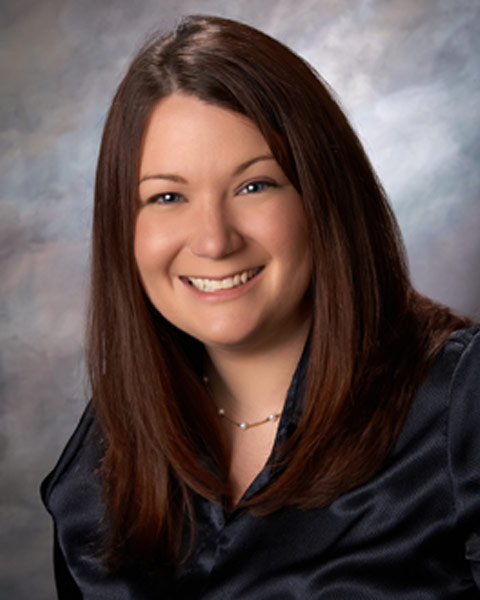(Re)habilitation and Counseling (C)
(PP106) Assessment of Hearing Health and Technology Literacy

Julie L. Behar, BS
AuD Student
University of Texas at Dallas, United States- CC
Carol Cokley, PhD
Department of Audiology Program Head
University of Texas at Dallas 
Shawna Jackson, Au.D.
Clinician/Faculty Associate
University of Texas at Dallas
Dallas, Texas, United States
Lead Presenter(s)
Contributor(s)
The purpose of this study is to gain a better understanding of the barriers that cause communities to feel less comfortable with adapting new hearing technology, and create a technology proficiency questionnaire for clinical use to plan patients’ hearing treatment. A Technology Literacy Questionnaire was created and administered to 200 adult patients. Older adults were found to have less technology literacy than their younger adult counterparts. Lower socioeconomic status and education levels were also associated with less technology literacy. Thus, the Technology Literacy questionnaire should be used with patients to ensure higher levels of self-efficacy, given variability in literacy skills.
Summary:
Technological literacy is an important consideration in hearing loss management. Though self-reported internet competency has shown to predict practical hearing aid knowledge and handing skills, and ultimately high levels of self-efficacy for hearing aid use; determining a patient's digital proficiency prior to planning hearing healthcare treatment is not a standard of treatment at this time.Patients may not receive the care they need if they are not comfortable with technology. Thus, the purpose of this study is to investigate comfort with hearing technology for patients in the Dallas area whose primary language is English. This initial research will create a foundation for future planned studies with Spanish Speakers within the Dallas area. Via responses to an ad-hoc survey, we will investigate differences in self-reported comfort (i.e., literacy) with technology according to demographic differences not limited to age, education, and socio-economic status.
Participants for the study include 200 English speaking adults (18+ years old) recruited from the Callier Center Audiology Department. Inclusion criteria requires literacy in basic English. Demographic information collected will include primary and secondary language experience and proficiency, age range, race/ethnicity, employment, education level, and prior hearing health experiences. The Technology Confidence Questionnaire (TCQ) was created for the purpose of this study to determine participant’s comfort levels with various forms of technology including mobile devices/tablets, laptops/computers, and Bluetooth devices. The questionnaire is an adaptation of the Mobile Device Proficiency Questionnaire (MDPQ) and the Computer Proficiency Questionnaire (CPQ). The questionnaire takes approximately 10 minutes to complete and consists of 53 questions with 5 -point Likert scale ratings. Participants recruited through the Callier Center were given the TCQ at a scheduled audiology appointment as part of their appointment. All participants had the choice to complete the TCQ via a printed copy or via Qualtrics, an online survey generator.
Data collection will be completed in January of 2022. Descriptive statistics will be used to run a series of non-parametric chi-square analyses in order to determine the relationship between specific demographic variables and technology comfort. We will run this analysis on the following demographic variables: various language proficiencies, age, education levels, and socioeconomic status.
We expect that, on average, participants who are younger in age, those with higher education levels, and those with higher levels of socioeconomic status will feel more comfortable with technology. If a need is identified, this data will then be used to develop strategies for clinical purposes in prescribing technology in clinical audiology as well as developing technology educational materials for demographic communities who have barriers to developing higher technological literacy.
Learning Objectives:
- identify the need for clinical use of the Technology Literacy Questionnaire in assessing patients' digital proficiency
